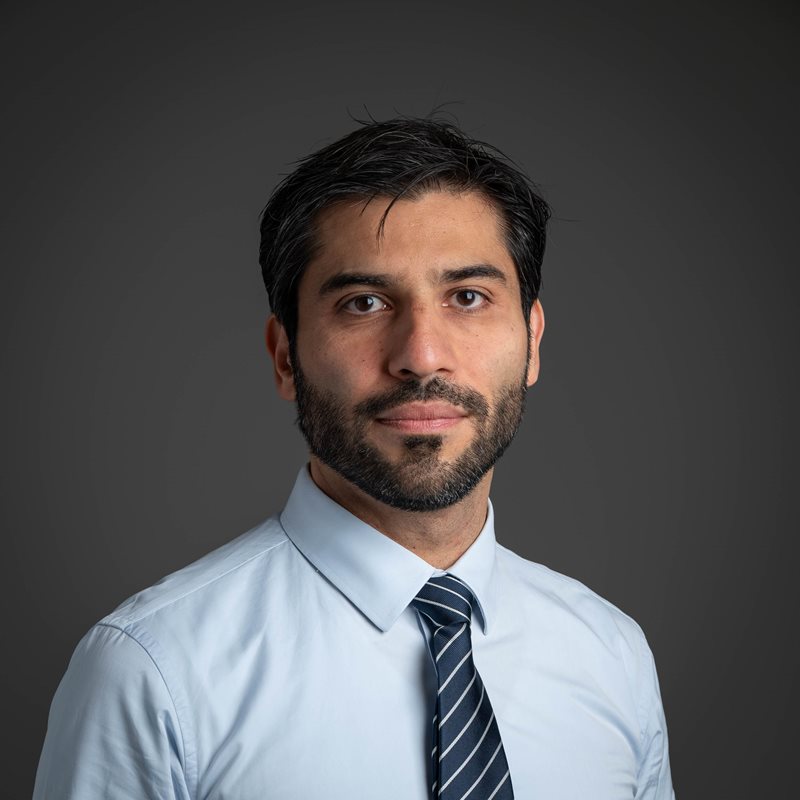.png?ext=.png)
.png?ext=.png)
This 2 part live streamed webinar delivered over 2 sessions via Zoom provides a comprehensive overview of strategies, theoretical framework, and methods to reduce embodied carbon in steel construction across a range of structural systems—including buildings, bridges, and renewable energy infrastructure. By the end of the webinar, participants will be able to calculate the embodied carbon of steel structures during the conceptual design stage, apply techniques to reduce embodied carbon emissions, and analyse real-world case studies of mono- and multi-storey steel structures to develop sustainable solutions.
The webinar offers a clear understanding of Environmental Product Declarations (EPDs) and how to use them to make informed design decisions, as well a deep look into current global, European, and Australian regulations on low-carbon structural design and construction. Advanced techniques for achieving lower-carbon structures, including the use of high-strength steel and hybrid construction methods, will be discussed.
Presented by Associate Professor Alper Kanyilmaz from the Department of Architecture, Built Environment and Construction Engineering, Politecnico di Milano, Italy, the webinar offers an excellent opportunity to gain a European perspective on the topic of life cycle analysis from an expert in the field. The content aims to enable participants to confidently integrate sustainability into steel design and construction practices.
This is a live session with opportunities for Q&A and will not be recorded.
The webinar will be of interest to building industry participants including architects, engineers, building contractors plus sustainability managers and government & regulatory bodies.

Associate Professor Alper Kanyilmaz is an expert advisor for the European Commission Technical group “Steel Applications for New Markets” (Mandate 2023-2028, future low emission industries). Some of his works include “How does conceptual design impact the cost and carbon footprint of structures?, “Reuse of Steel in the Construction Industry: Challenges and Opportunities”, “A genetic algorithm tool for conceptual structural design with cost and embodied carbon optimization”. Dr. Kanyilmaz has been the principal investigator of 4 EU-projects with a €10 million total budget, and over 40 international partners. He transfers his research experience to the civil engineering and architecture students (300/year) in terms of teaching, MSc and PhD thesis supervision.
All ASI members receive a discount
Four hours of live-streamed content
Certificate upon completion
Copies of all presentation notes
Four hours of live-streamed content
Certificate upon completion
Copies of all presentation notes